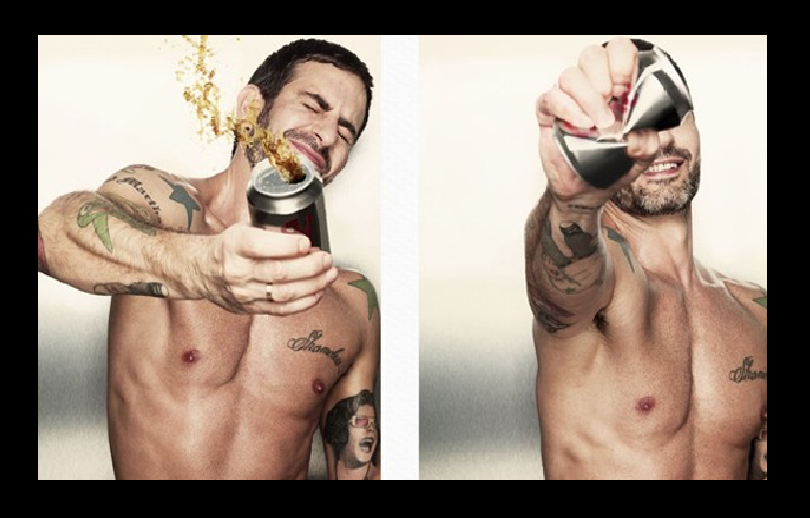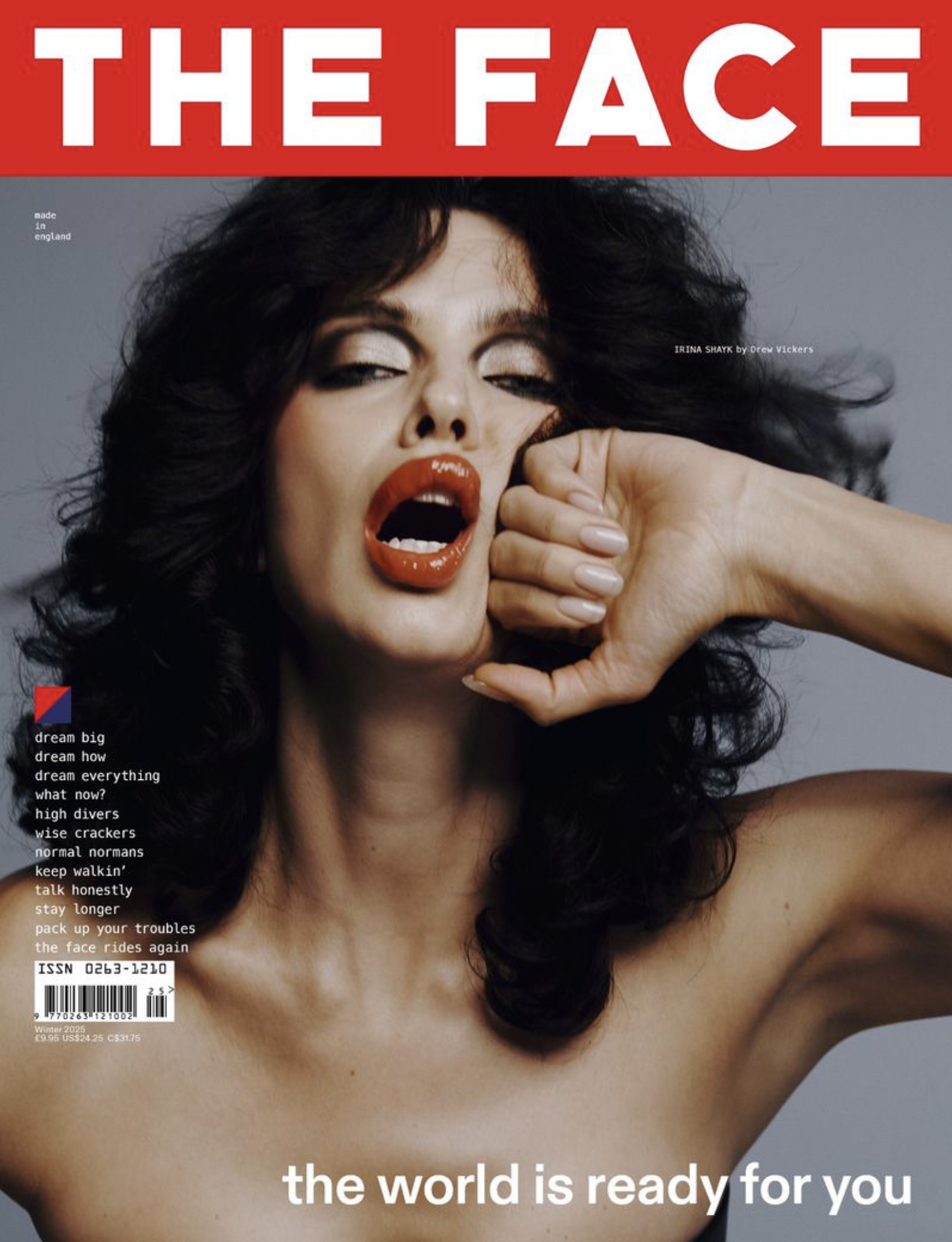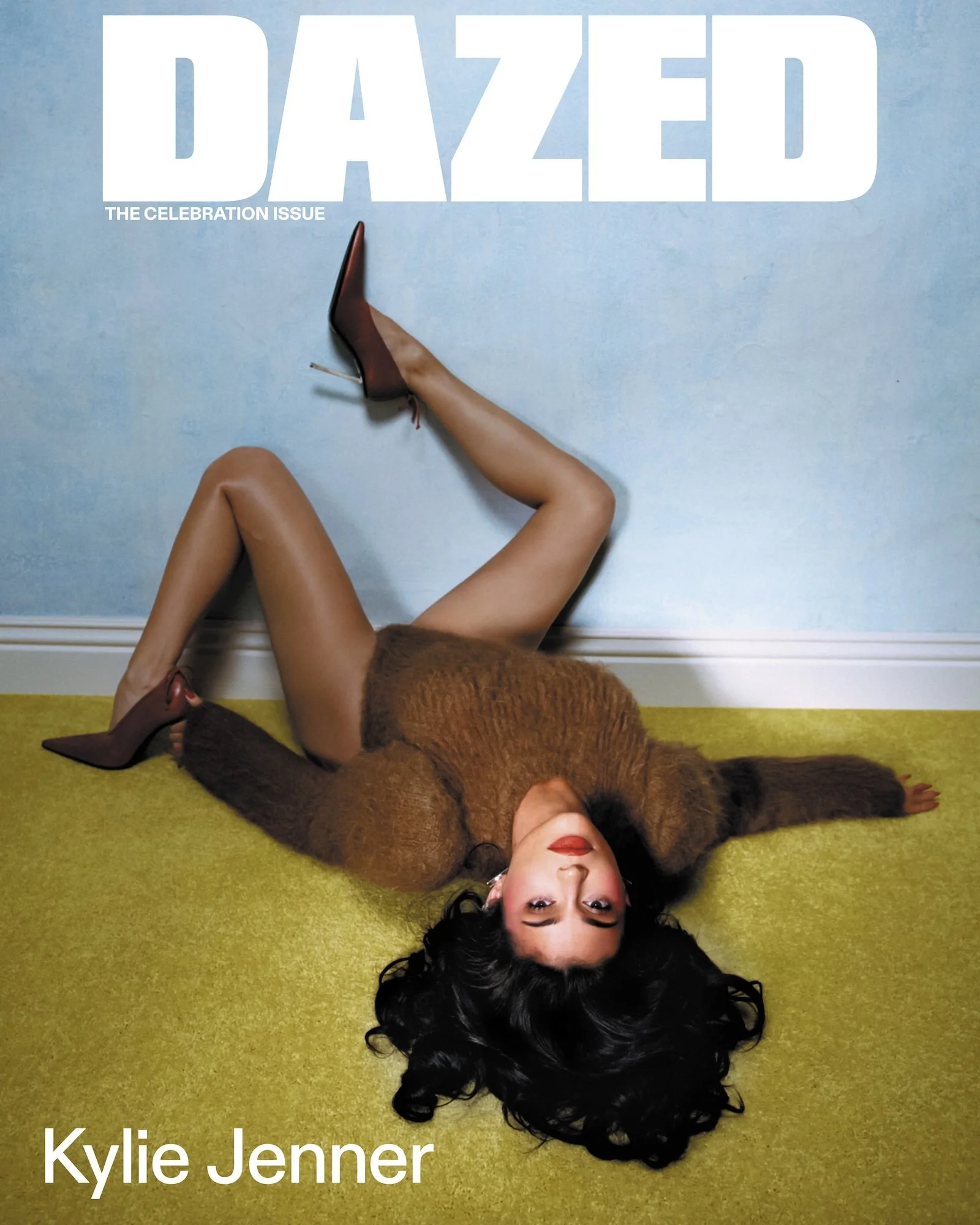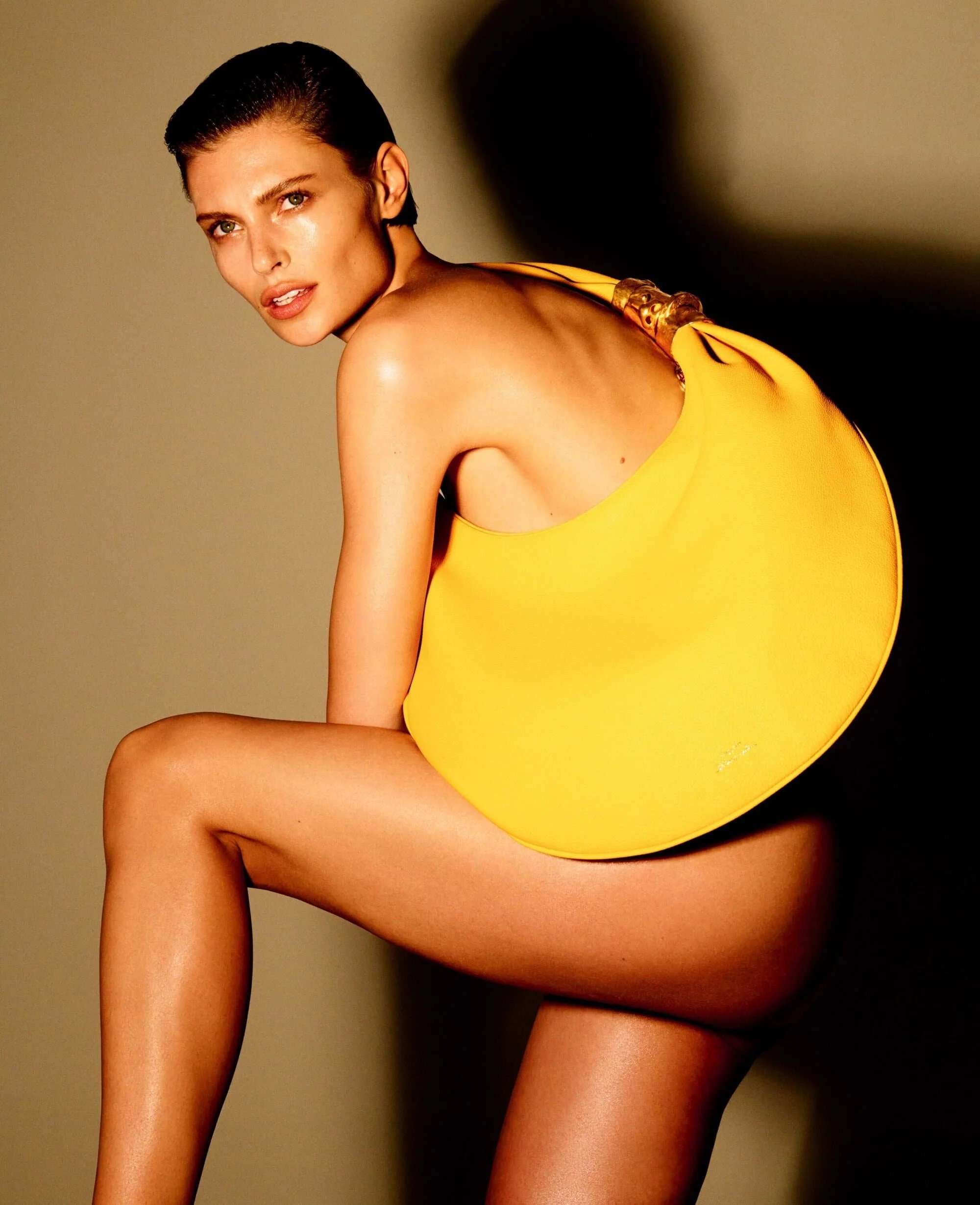Is Marc Jacobs Defying Obesity Science Promoting Diet Coke?
/Photographer Stéphane Sednaoui captures super-buff designer Marc Jacobs in this Diet Coke 2013 campaign. Jacobs joins Chanel’s Karl Lagerfeld in extolling the benefits of drinking diet soda.
The Science of Diet Sodas
In fact, the science behind diet sodas reveals a very different picture of both weight management success and overall health issues. A study released on January 8th in advance of the American Academy of Neurology annual meeting in San Diego in March tracks 263,925 people between the ages of 50 and 71 at enrollment. First evaluated in 1995/6, the study participants were again evaluated 10 years later, as to whether or not they were treated for depression. Science Dailyreports:
People who drank more than four cans or cups per day of soda were 30 percent more likely to develop depression than those who drank no soda. Those who drank four cans of fruit punch per day were about 38 percent more likely to develop depression than those who did not drink sweetened drinks. People who drank four cups of coffee per day were about 10 percent less likely to develop depression than those who drank no coffee. The risk appeared to be greater for people who drank diet than regular soda, diet than regular fruit punches and for diet than regular iced tea.
Does Diet Soda Make You Fat?
Obesity Reviews argues in a new paper that assuming high amounts of fructose, artificial sweeteners and sugar alcohols (another type of low-calorie sweetener) interferes with satiety signals and metabolism.
“An evolution of the gut flora to this new sweetener-rich environment has a potential to negatively impact our health,” says Amanda Payne, Ph.D., lead author of the review.
As the bacteria in our guts process food, they give off byproducts called short-chain fatty acids. These fatty acids are beneficial as a primary energy source in our bodies. But as the sweetener-adapted bacteria thrive in today’s sugared and fake-sugared to death stomachs — requiring us to become more efficient at processing large amounts of high-fructose corn syrup, artificial sweeteners, and sugar alcohols — they also produce a potentially overwhelming supply of short-chain fatty acids that decrease signals that we are satiated and should stop eating.
It’s also believed that these short-chain fatty acids promote inflammation in the lining of our guts, also seeping into our blood streams and other organs. The result is insulin resistance and an increased risk for coronary artery disease, stroke, and type 2 diabetes.
The notion that diet sodas are a major culprit in America’s weight gain may sound implausible — but science supports the hypothesis.
This claim was made previously by researchers at the Texas Health Science center at San Antonio, who found that a group of 474 people gained 70 percent more weight over 10 years than those who avoided artificial sweetener.
A study in 2005 by the same team confirmed that the chance of becoming overweight increased with every diet soda consumed.
“On average, for each diet soft drink our participants drank per day, they were 65 percent more likely to become overweight during the next seven to eight years, and 41 percent more likely to become obese,” said Sharon Fowler, M.P.H., faculty associate in the division of clinical epidemiology in the Health Science Center’s department of medicine. She presented the finding June 12 in San Diego at the American Diabetes Association’s 65th Annual Scientific Sessions.
Note that in this study, drinking regular soft drinks with sugar also promoted obesity.
In the same AOC article, we noted that in 2009 researchers concluded that while both diet and sugar-free sodas activate the amygdala part of the brain, only real sugar turned on a cherry-sized nugget of brain tissue called the caudate. The human brain knows whether or not it’s injested real sugar.
In conclusion, Marc Jacobs works darn hard to maintain his buff body. But his suggestive claim that Diet soda keeps you thin may not be grounded in an ounce of science, but rather Coca Cola marketing hype. ~ Anne































